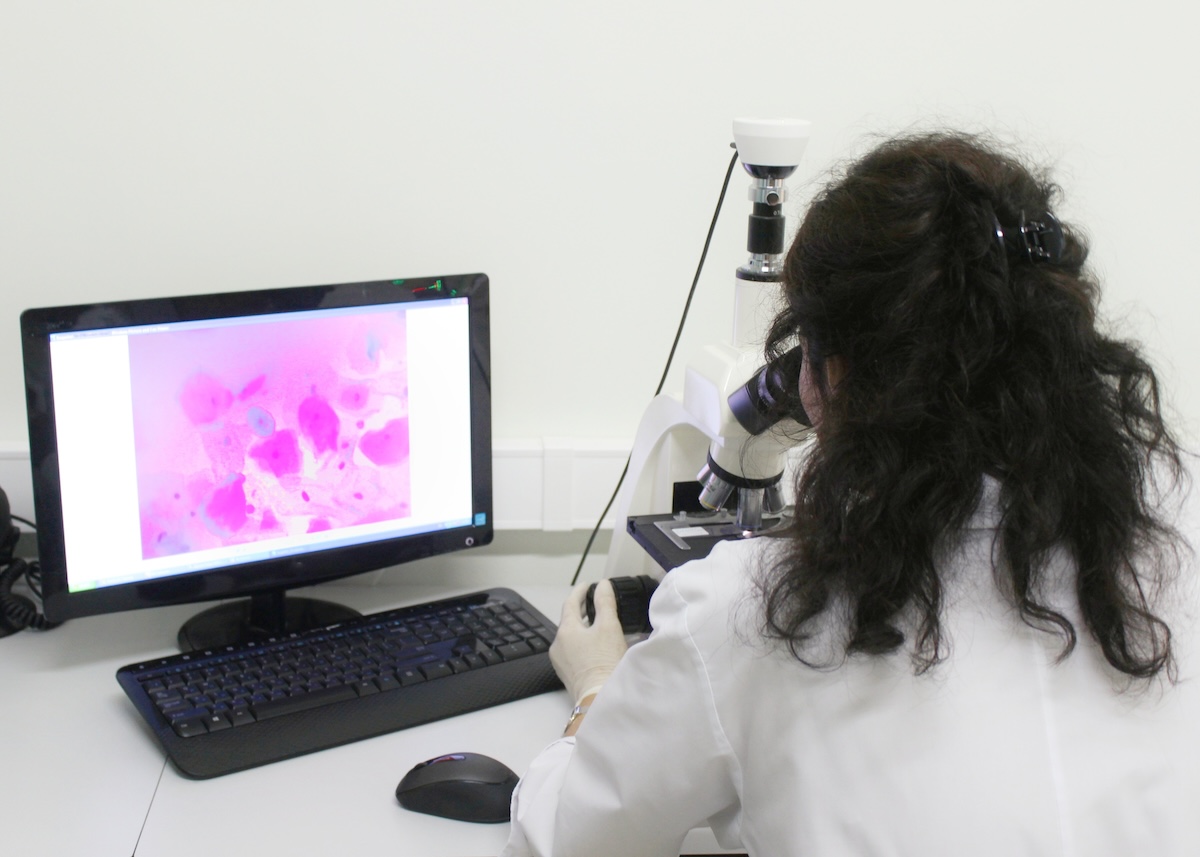The immunology of the future: towards a more humanized, precise, and preventive medicine

Immunology is establishing itself as one of the medical disciplines with the greatest potential for transformation in the coming decade. This is emphasized by Dr. Silvia Sánchez-Ramón, head of Clinical Immunology at Ruber Internacional Hospital, who points out that "immunology is not just another specialty, but the fundamental architecture for a medicine that aspires to be truly precise, humanized, and integrative."
The immune system is much more than a shield against infection: it acts as the guardian of an individual's identity throughout their life. When it becomes dysregulated, a wide range of diseases can arise, including immunodeficiencies, allergies, chronic inflammation, autoimmune disorders, transplant rejection, and even cancer. Understanding these mechanisms and anticipating them has become one of the great challenges of 21st-century medicine.
From reaction to prevention
Immunology is paving the way for less reactive and more preventive medicine. The development of high-precision biomarkers will make it possible to detect immune disorders even before the first symptoms appear. In this way, early diagnosis will cease to be an aspiration and become the norm.
Artificial intelligence is emerging as a strategic ally in this endeavor. Its ability to analyze millions of genetic and immunological data points will not only facilitate more reliable predictions, but also free doctors from routine tasks. "The true value of technology lies in giving doctors more time to interact with patients, enhancing empathy and human judgment," explains Dr. Sánchez-Ramón.
Beyond diagnosis, immunology is now at the forefront of the development of advanced therapies that are changing the course of medicine. Among these are CAR-T cell therapies, which have revolutionized oncology and are already being explored in severe autoimmune diseases.
Tumor-infiltrating lymphocytes (TILs) are also emerging as a promising tool against solid tumors and chronic diseases.
However, the specialist warns, "bringing these advances from the laboratory to the patient's bedside in a safe, equitable, and sustainable manner requires a commitment to centers of translational excellence."
Networked science with a human face
For Dr. Silvia Sánchez-Ramón, the future of immunology cannot be conceived without multidisciplinary collaboration. Immunologists, oncologists, rheumatologists, internists, bioinformaticians, and pharmacologists must work side by side with patient associations, which provide an essential perspective on real priorities and quality of life.
"Immunology will be decisive in advancing towards personalized, preventive, and predictive medicine. But its greatest value lies in the fact that it forces us to put the patient at the center, with science and humanity," she concludes.
Health Content
Health Content
- 5 de febrero de 2026
Las lesiones más frecuentes en invierno y cómo prevenirlas
Informarse, cuidarse y saber cuándo acudir a Urgencias es una forma más de proteger la saludHospital Quirónsalud Badalonaen/health-centers/hospital-quironsalud-badalona - 13 de febrero de 2026
Aumentan las lesiones deportivas en personas que empiezan a entrenar sin preparación previa
Las lesiones más habituales en personas que empiezan a hacer deporte son las sobrecargas musculares, las contracturas, las tendinitis y los esguinces, sobre todo de tobilloHospital Quirónsalud Torreviejaen/health-centers/hospital-quironsalud-torreviejaTraumatología y Cirugía Ortopédicaen/specialities/cirugia-ortopedica-traumatologia - 13 de febrero de 2026
Dermatitis atópica: una alteración cutánea frecuente con soluciones eficaces para mejorar la calidad...
La dermatitis atópica es una enfermedad inflamatoria crónica de la piel que provoca enrojecimiento, picor, descamación y brotes recurrentes. Su origen está relacionado con u...Hospital Universitari Sagrat Coren/health-centers/hospital-universitari-sagrat-cor






